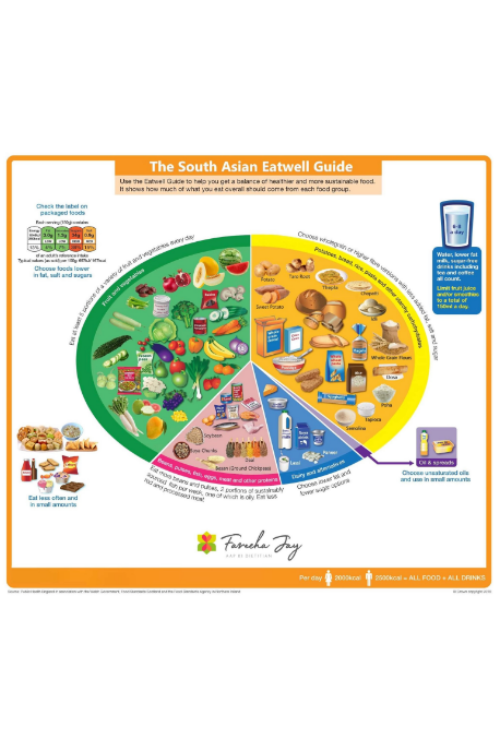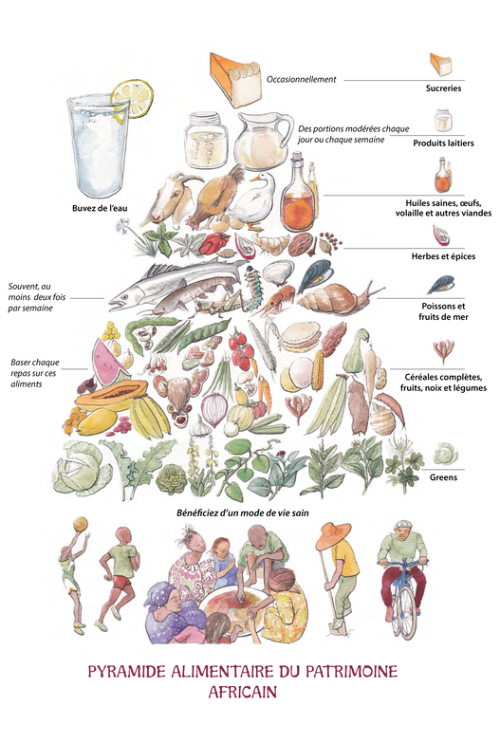Faith-informed menstrual health resource


Irise International is a British organisation specialising in menstrual health. In particular, it raises awareness so that all menstruating people can take care of themselves and get the help they need.
In 2025, it created a guide to menstrual health for Muslims in collaboration with Dr Maria Tomlinson from the University of Sheffield, the DiverseCity Development Trust, Akin – Fertility Dietitian, and the Menstrual Health Project.
Together with Pauline Caclin, we felt it was very important for French-speaking Muslims to also have access to this resource, and for it to be adapted to an international audience to reflect the diversity of the French-speaking world.
We therefore decided to work together on this translation, as we are both specialists in the field of social justice and inclusive language. With this in mind, we were keen to use gender-neutral language when referring to people who menstruate, which was also in line with the organisation’s trans-inclusive vision.
Below, we provide examples of translation choices that aim to serve the text and the target audience.
A tone of voice that promotes inclusion
We decided to use formal language (“vous”) because it is very common in French-speaking circles and informal language can be interpreted as infantilising, especially in educational contexts involving women.
In addition, the imperative form limits the need for gendered agreements in sentences because it avoids the use of pronouns.
The imperative is also a good way to improve the impression of closeness with the readership, which creates a bond of trust, particularly useful in areas that can be sensitive and/or intimidating, such as menstrual health
Adaptations to make the text sound more natural in French
French is less fond of repetition than English, which is why we chose to include synonyms for ‘règles’ instead of repeating the word throughout the text.
Furthermore, as this translation is intended for an international audience, and certain words are more common in certain French-speaking regions, this makes the text easier to understand for more people.
French is also less technical than English on this subject.
| blood glucose | taux de sucre dans le sang | here we chose not to use ‘glycémie’ because it made the text less accessible to people unfamiliar with medical vocabulary, particularly those whose first language is not French |
Sensitivity-focused translations
- Rejecting stereotypes related to menstrual health
| period pad | serviette menstruelle | we have decided not to use the term ‘hygiénique’ because we do not want to reinforce the stereotype that periods are dirty periods are a natural process that should not be taboo |
- Combating gender stereotypes regarding job names
| GP / doctor | personne exerçant une profession médicale / personnel médical / personne qui travaille dans le milieu médical | the inclusive and non-binary term ‘généraliste’ was also an inclusive option because it is gender-neutral however, this would have been a translation error because people can also consult their midwife, gynaecologist, etc. furthermore, research has shown that gender neutrality does not always lead to less male-centred imaginaries |
| (e.g. are they a doctor, dietician, researcher…?) | (Exemple : s’agit-il d’une doctoresse, d’un diététicien, d’une chercheuse… ?) | we have chosen to alternate genders in this list, starting with the feminine to draw attention to our intention of inclusion furthermore, studies have shown that making the feminine visible is more effective than gender neutralisation in changing our perceptions |
- Having an impact beyond professions
In schools, pupils do not learn the difference between agreement for words referring to people and agreement for words referring to objects. They simply learn that ‘the masculine takes precedence over the feminine’. Because of this confusion from the outset, we want to eliminate this rule in all contexts, which is why we have used proximity agreement throughout the text.
| These foods provide a range of healthy vitamins and minerals, fibre, protein and carbohydrates. | Ces aliments fournissent diverses vitamines, minéraux, fibres, protéines et glucides qui sont bons pour la santé. | proximity agreement |
- The midpoint
In this context, we felt that using the midpoint would have been counterproductive for several reasons.
Desire for internationalisation: the midpoint is more or less standardised depending on geographical areas and social circles within the French-speaking world, which makes it less accessible to everyone.
Language skills: in some cases, French is the second language of the people reading the text, they will turn to French due to a lack of translation into their first language, and therefore do not know/understand the midpoint.
Concerns about intersectionality: French-speaking Muslims who do not already have access to this type of information are often marginalised in all respects, whether in terms of education or social class. However, the midpoint is currently most widely used in privileged academic circles. Of course, we want its accessibility and use to become more widespread, but we are aware that the aim of this text is to be as understandable as possible to as many people as possible
Adaptation to an international French-speaking target audience
- We have removed specifically British elements.
| You can also use this website, myperiod.org.uk, to find free period products near you. | not only does it not make sense for people outside the UK to access this website, but the free menstrual products programme is not available in all geographical areas |
- We have replaced the informative pieces with British connotations to make them more international.
| Blood clots larger than a 10p coin | Des caillots de sang plus gros que 2,5 cm (1 po) de diamètre. | we are aware of the loss of the ‘object that everyone has at their disposal’ aspect, but we had to find something that would make sense worldwide we decided on centimetres and inches because they are the most widely used measurement systems in French-speaking countries |
- We have adapted informative pieces to the specificities of the French-speaking context.


The majority of French-speaking Muslim people are located in or have origins in North and West Africa. However, this text is adapted to the majority of English-speaking Muslim people who are located in or have origins in South Asia.
Only translating here would not have made sense, since we are talking about diet and these two types of populations do not have the same diet.
We have therefore adapted this section to the communities that use French.
The Barefoot Guide Connection kindly let us use an image from their guide sur le régime alimentaire africain (their guide on African diet).
| Deep-fried foods (like samosas and pakoras) are high in saturated fat and salt, so can be enjoyed – but do not provide a lot in terms of nutritional value. | La nourriture frite (comme les frites de plantain et les beignets) contient d’ailleurs beaucoup de graisses saturées et de sel. | French-speaking Muslims would not necessarily understand the references in the source text because they do not match their culture our goal as translators is to focus on the target audience and ensure that they know the text has been written with them in mind if people feel that we are addressing them specifically, they will trust what we are saying |